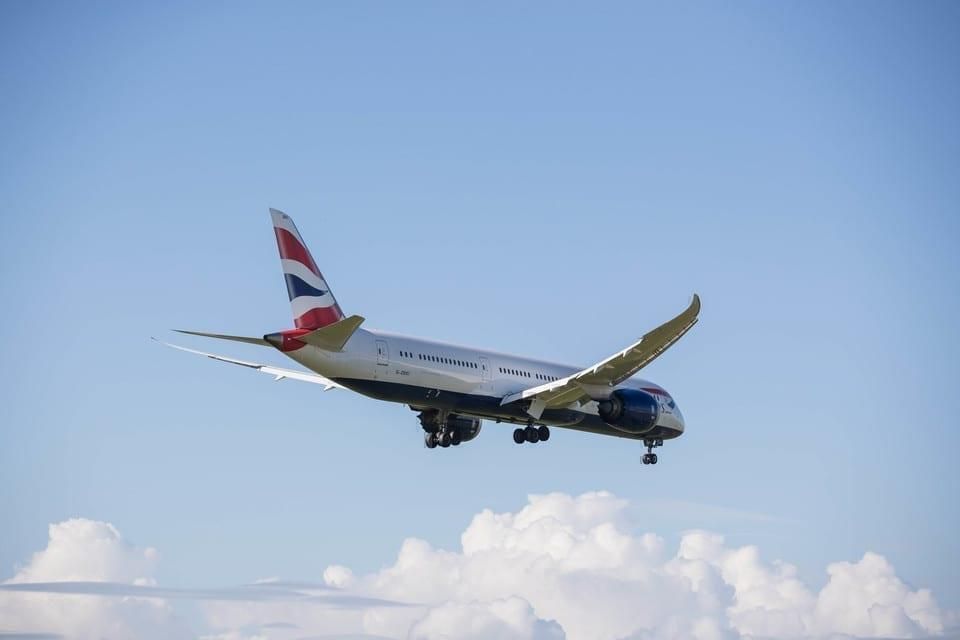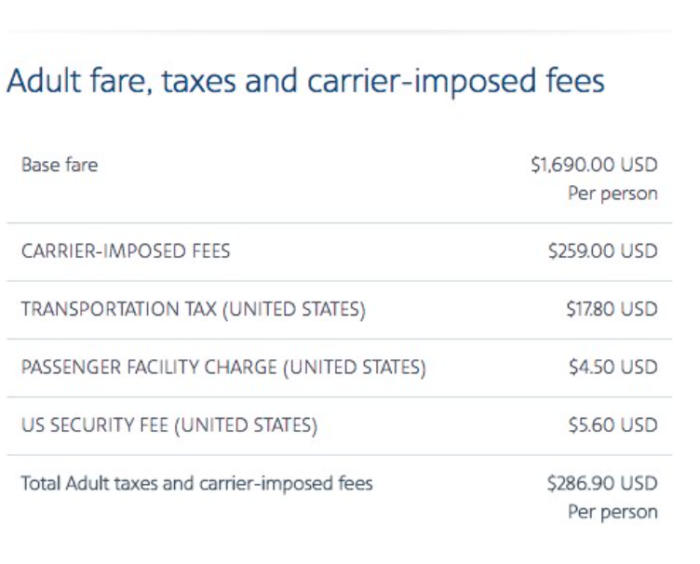For many travellers, fuel surcharges are nothing more than a line in the ticket total fee. But for those booking tickets using reward miles, they can be a real pain. So when the Hong Kong fuel surcharges ban came about, many cheered. But in the news recently, we've heard the ban is be about to be lifted. So why is that and how will it affect us?
Fuel surcharges - The basics
Fuel surcharges first started showing up on our airline tickets back in 2004. They were justified at the time because world oil prices had spiked – to a degree airlines couldn’t have predicted. This meant many airlines risked not having the cash to keep flying. Passengers were therefore expected to share the burden. It also made sense to add it instead of changing the ticket price. The oil price was fluctuating so much, it would have caused serious confusion. It also allowed airline to spread the fluctuation out more fairly.
However, by 2015, fuel prices had bottomed out. The crisis was over. So you’d think the airlines would have simply dropped the line. After all, fuel was affordable and well below pre-2001 prices. But most airlines didn’t drop the fee, they simply renamed it. Air France and British Airways call them “carrier-imposed surcharges”. At Delta you get a “carrier-imposed international surcharge”. Lufthansa calls them “international or domestic surcharges”. I think you can see where I’m going with this.
Which countries outlawed fuel surcharges?
So some regulators decided it was time to get involved. Brazil was one of the first countries to bad fuel surcharges for any plane taking off from or within Brazil. China, Hong Kong and the Philippines followed and then some airlines saw the public was getting suspicious. To date, SAS, Virgin Australia and AirAsia have got rid of fuel surcharges. British Airways replaced fuel surcharges with a small flat fee within Europe – a step in the right direction, but it could do better.
Scraping fuel surcharge Hong Kong style
Basically, Hong Kong wants to allow airlines to show their fuel surcharges instead of swallowing them up. The Civil Aviation Department of Hong Kong carried out a review and found showing surcharges help to unbundle products and aid competitiveness.
In Hong Kong, 120+ airlines service 220+ destinations and competition is essential to keeping prices low and people moving. If prices start to spike and airlines become less efficient, the growing air travel trend could level off.
A spokesperson from the Department had the following to say:
“... fuel cost was part of the operating costs of airlines that had to be recouped in any case, be it as part of the basic ticket fare or as a separately listed surcharge. Individual airlines should be allowed to make their own commercial decisions on whether to levy a fuel surcharge...to facilitate consumers in making informed choices.”
So no harm, no foul?
Well, it does look like a good think, except of course for those booking flights with reward points. The reintroduction of a Hong Kong reward flight fuel surcharge will hit many of us hard. Any flight with any airline who still uses fuel surcharges in the sub-total, leaving Hong Kong, can now legally add fuel surcharges to reward ticket prices. So essentially, the reward seat you earned is used to book the seat for ‘free’, but you’ll need to cough up for gas, so to speak. And if you’re flying long haul, this could easily mean you free ticket now costs $1,000.
Hong Kong will be ending their ban on fuel surcharges November 1, 2018. So if you have some rewards to use up out of Hong Kong – I hope you can do so right now.


